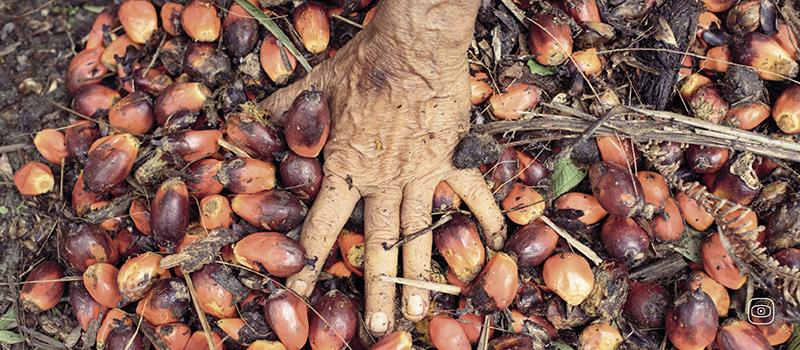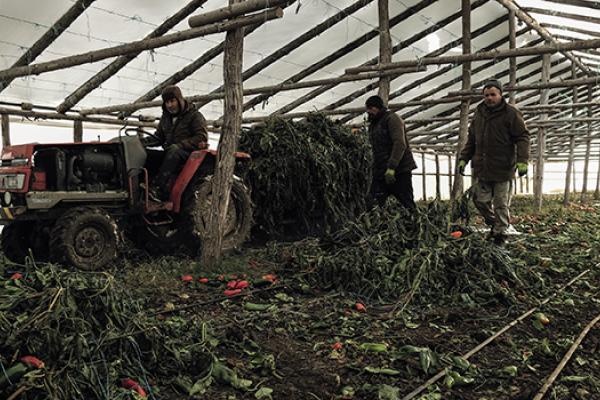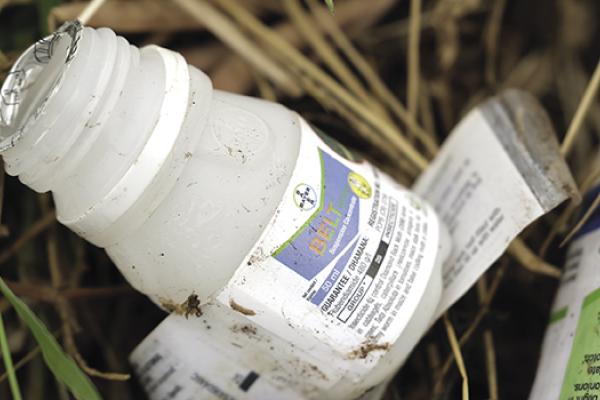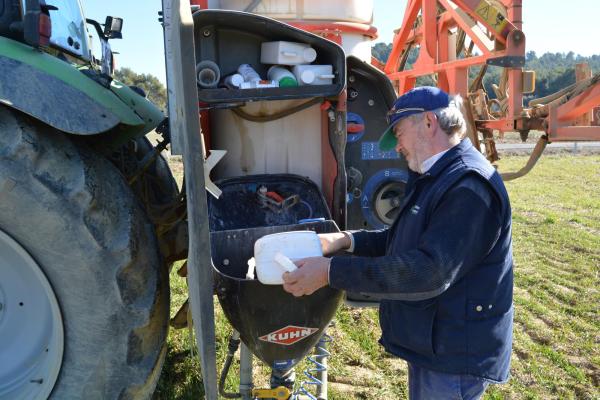Paraquat is a highly toxic weedkiller produced by the Swiss (now Chinese-owned) company Syngenta. Despite being banned in Europe since 2007, paraquat is still manufactured in the UK and exported mainly to the global south.
In 2019 Indonesia was the world's third largest importer of paraquat from Europe. In Kalimantan, the Indonesian Borneo, paraquat is widely used in intensive palm oil monocultures: it prevents weeds and other plants from growing, allowing palm oil palm trees to grow faster, taller, and produce more.
In Seruyan, Central Kalimantan, paraquat not only affects the health of the workers - mostly women hired on a daily basis to spray the pesticide - but also the livelihood of the community, polluting the water and disrupting the ecosystem.
With the Indonesian government trying to silence dissent in such a key sector, and the EU refusing to take action on banned pesticide exports, the health and future of local communities are at stake - as the long-term effects of pesticides could hamper any attempt to switch to more sustainable farming.
Photo: © Daniela Sala





